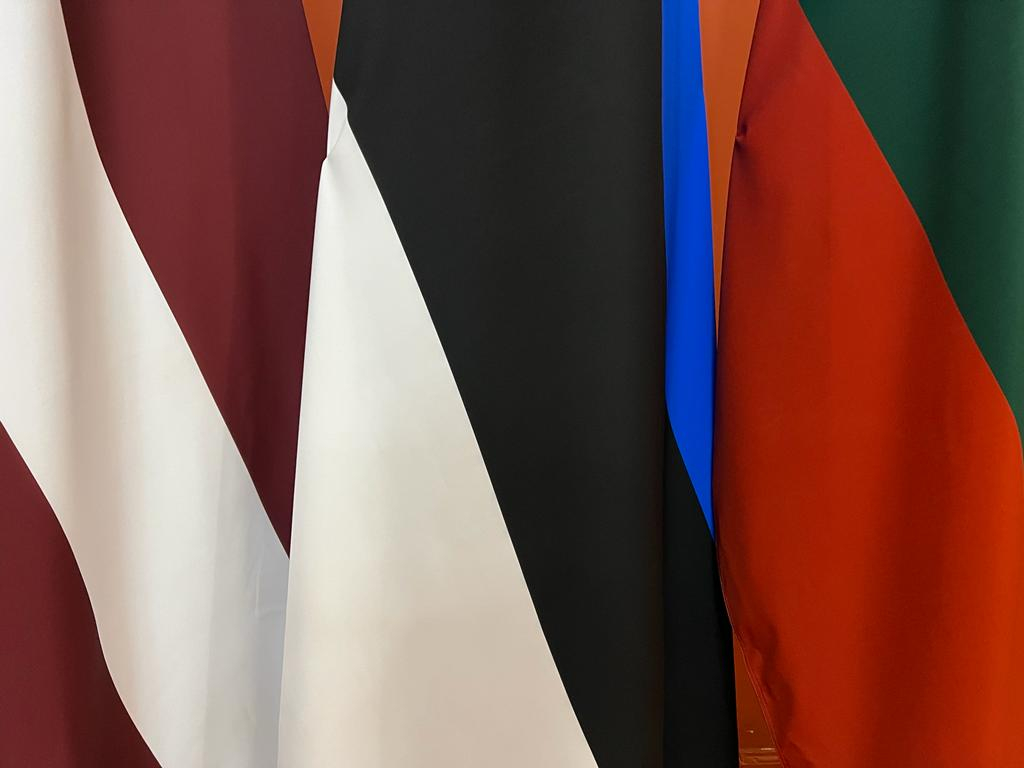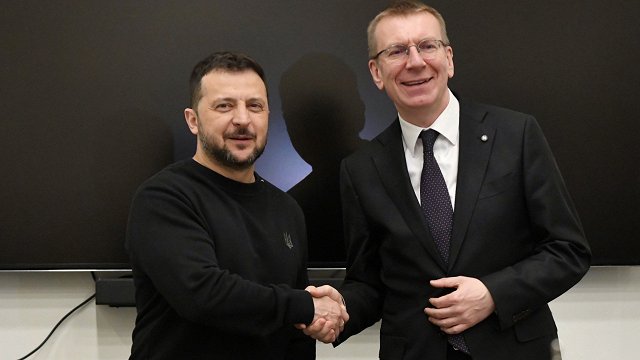A statement on behalf of Estonia, Lithuania and Latvia was delivered by Elvira Cupika-Mavrina, Latvia's legal advisor to the United Nations, and draws particular attention to Russia's actions in Ukraine which have included child deportations, and allegations of torture and numerous other war crimes.
The joint statement is reproduced below.
I have the honor to speak today on behalf of the three Baltic States – Estonia, Lithuania and my own country, Latvia.
The Baltic States align with the statement made by the European Union and its Member States.
The Baltic States have always been committed to promoting respect for international law and rules-based international order. Respect for and promotion of international criminal law is of paramount importance for the international community to safeguard peace and security.
We believe that the ILC draft articles are an important and solid basis for an international convention on this matter that will have far reaching implications for ensuring accountability and justice for victims of crimes against humanity and for deterring future perpetrators from committing such acts.
First, I would like to turn to the preamble.
The preamble provides the context and background on the nature and scope of crimes against humanity, and emphasizes the gravity and heinousness of such crimes.
Further, the first preambular paragraph states that: Mindful that throughout history millions of children, women and men have been victims of crimes that deeply shock the conscience of humanity.
Regrettably, we live in times where not only throughout history, but also today, as we speak, children, women and men are still victims of most serious international crimes that deeply shock the conscience of humanity. For example, the Independent International Commission of Inquiry on Ukraine has determined among other facts, which confirm numerous violations of international human rights law and international humanitarian law that Russia’s transfer and deportation of children, within Ukraine and to the Russian Federation, violates international humanitarian law. The International Criminal Court has issued arrest warrants in connection with these alleged war crimes.
Moreover, Commission has acknowledged that multiple attacks by Russian armed forces on Ukraine’s energy-related infrastructure during freezing temperatures and a pattern of widespread unlawful confinement in areas controlled by Russian armed forces and torture during them, targeting broad categories of men, women and children may amount to crimes against humanity.
Too many generations have suffered from crimes against humanity and so many more will suffer if we will not adopt a legal framework for such heinous acts of violence. Thus, we welcome all preambular paragraphs to be adopted as presented today, and the underlying reasoning is clearly written in the last preambular paragraph and I quote: because crimes against humanity must not go unpunished.
Secondly, on Article 1 (scope):
We welcome the draft Article 1 in its current form, since it can help to ensure that those who commit such crimes are not able to escape justice. It indicates that the draft articles are applicable both to the prevention and to the punishment of crimes against humanity. Article 1 clearly sets out that the draft articles focus solely on crimes against humanity, which are grave international crimes wherever they occur. Thus, if they were adopted, they would provide further guidance and clarity in prevention and punishment for such heinous crimes.
At the 🇺🇳6th committee session on #CrimesAgainsHumanity, 🇱🇻 on behalf of the Baltic States #B3 🇱🇹🇪🇪🇱🇻underlined the need to adopt #ILC draft articles to ensure accountability&justice for victims of CAH. Crimes against humanity must not go unpunished, incld. against #Ukraine 🇺🇦 ⚖️ pic.twitter.com/evOwfdTH0J
— Latvia Mission to UN | #StandWithUkraine🇺🇦 (@LatviaUN_NY) April 10, 2023






























